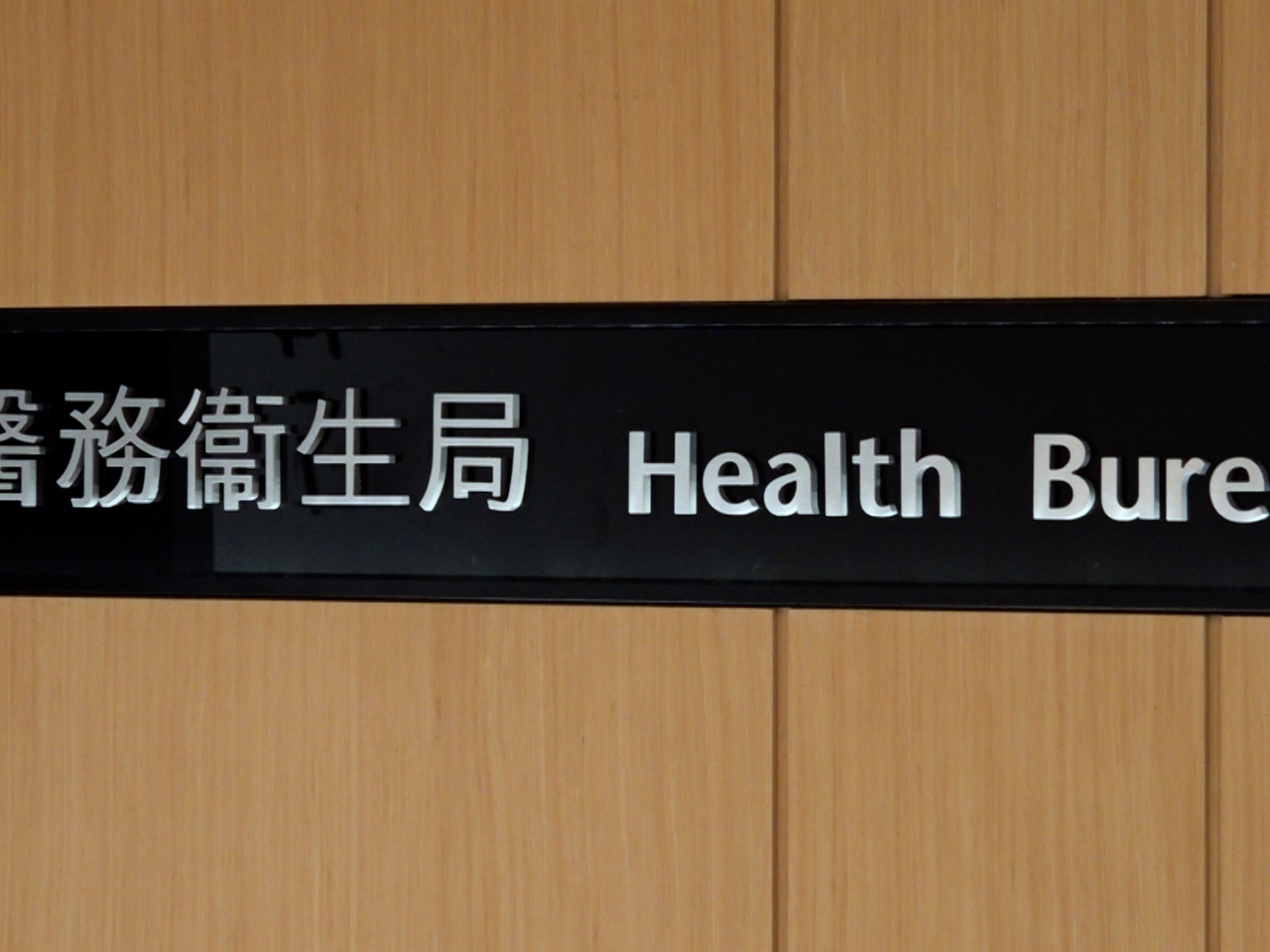The government on Friday said it had almost doubled the number of drugs it subsidises under a pilot scheme, so that more medicines can be used by participating doctors to cater to patients' needs.
The announcement came after the Health Bureau conducted a review to learn more about the demands of patients under the "Chronic Disease Co-care Pilot Scheme (CDCC Pilot Scheme)" that was launched almost two years ago.
In a statement, the bureau said the coverage of its subsidised basic-tier drug list had been expanded from 59 to 114 items - starting on Friday.
The drugs on the list are commonly used for treating chronic diseases such as diabetes, high blood pressure, and high blood cholesterol.
Newly added drugs, meanwhile, include antidepressants, or medicines for managing chronic hepatitis B, osteoporosis, thyroid disorder, as well as medication to relieve asthma, gout, nausea, and dizziness.
Under the scheme, patients prescribed with drugs on the list will not need to pay for such medication.
And the drugs will form the "foundation" of the community drug formulary set to be launched in the future, which would be key in supporting the operation of the community pharmacy scheme.
Launched in November 2023, as part of measures to improve Hong Kong's primary medical care, the pilot scheme provides subsidised screening services to residents aged 45 or above to detect if they have the so-called "three highs": high blood sugar, high blood pressure, and high blood cholesterol.
Participating patients who are diagnosed with any of those conditions will receive subsidised treatment and medication.
So far, some 140,000 participants have enrolled in the scheme, with over 85,000 of them already completing their screenings, and some 34,000 have been diagnosed with long-term diseases related to the "three highs".





